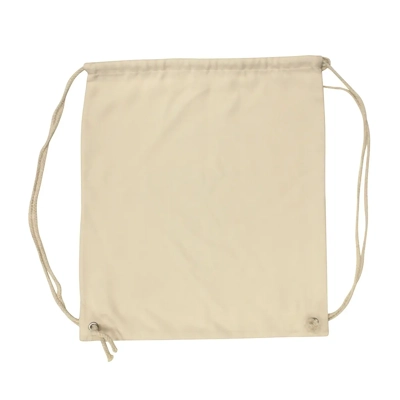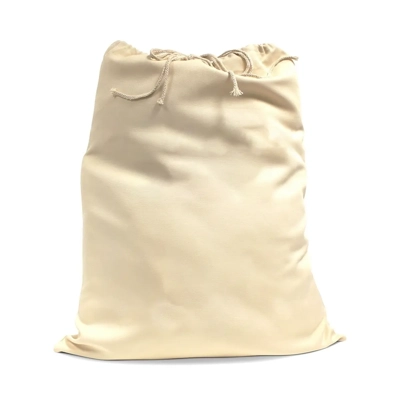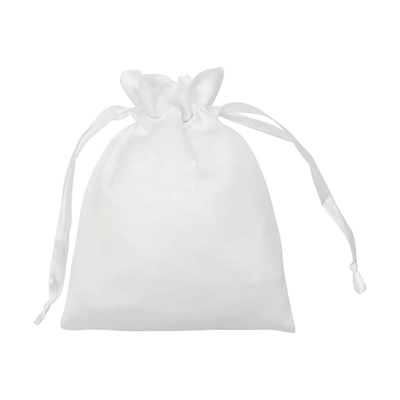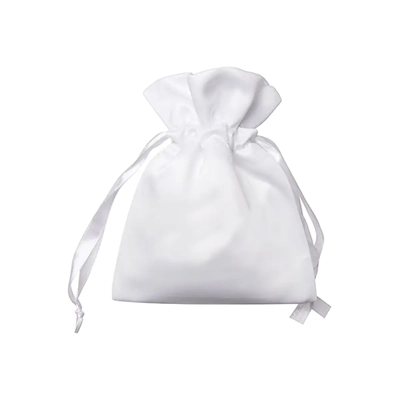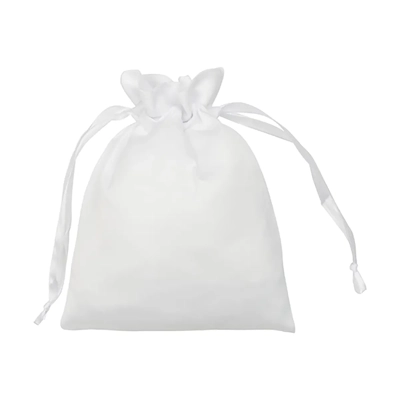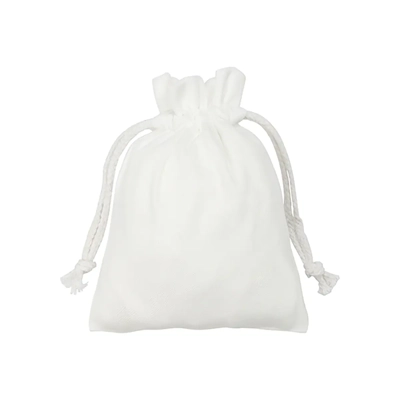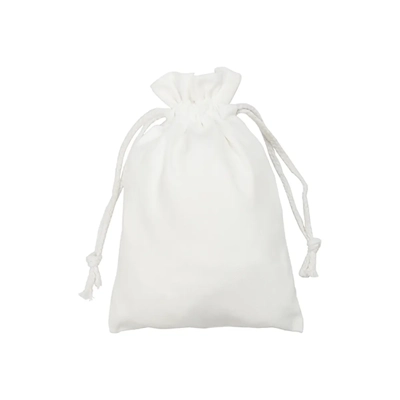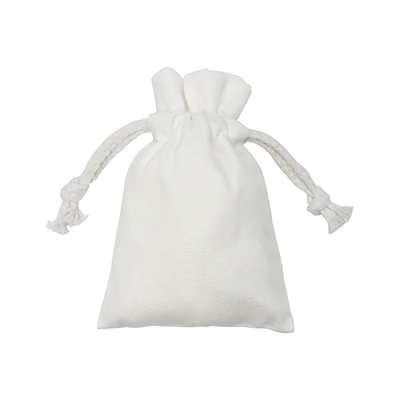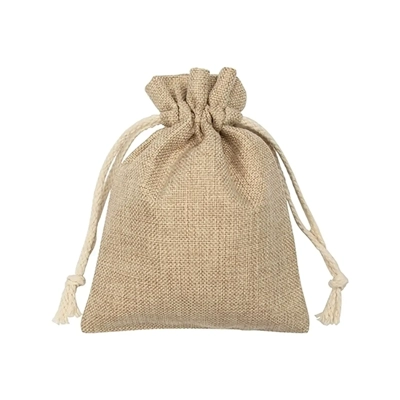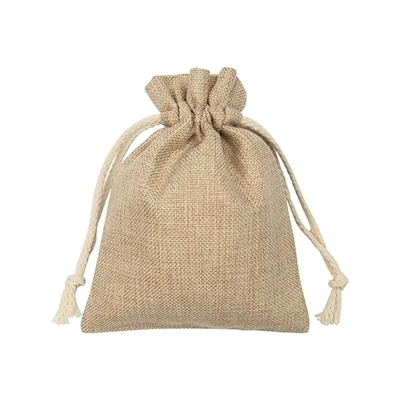
How to Sublimate Bags
With customers set to spend £1 billion on personalised gifts over the next 12 months, is now the time to take advantage? What better way than by offering the simple yet effective printed bag? Take a look at our guide to sublimating bags below...
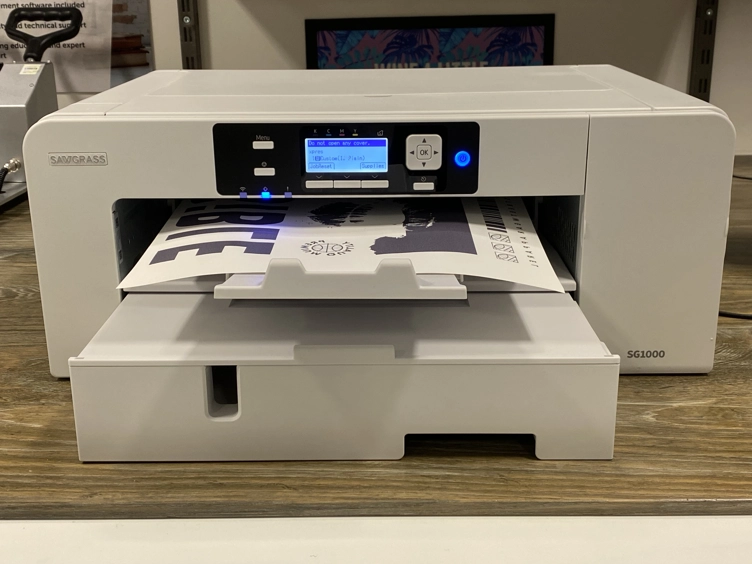
1. Create your design and print in mirror image.
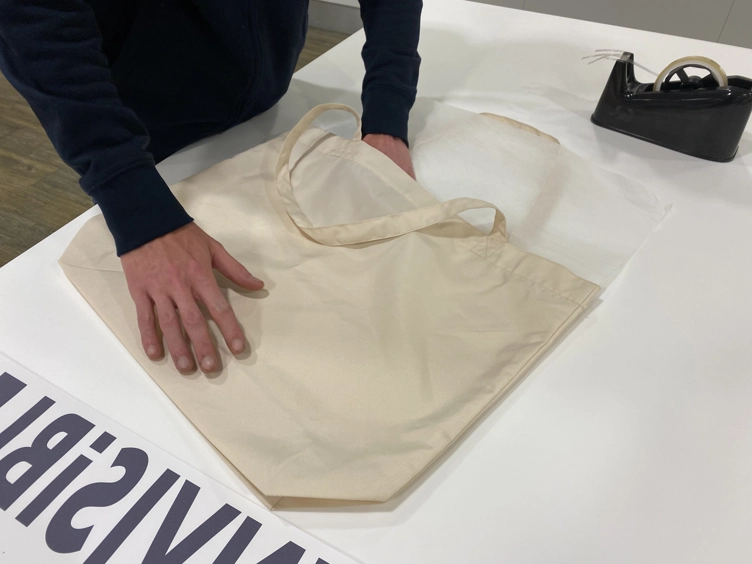
2. Use either a piece of silicone paper or a Teflon pillow to place inside the bag. This will prevent the print bleeding through onto the back of the bag.
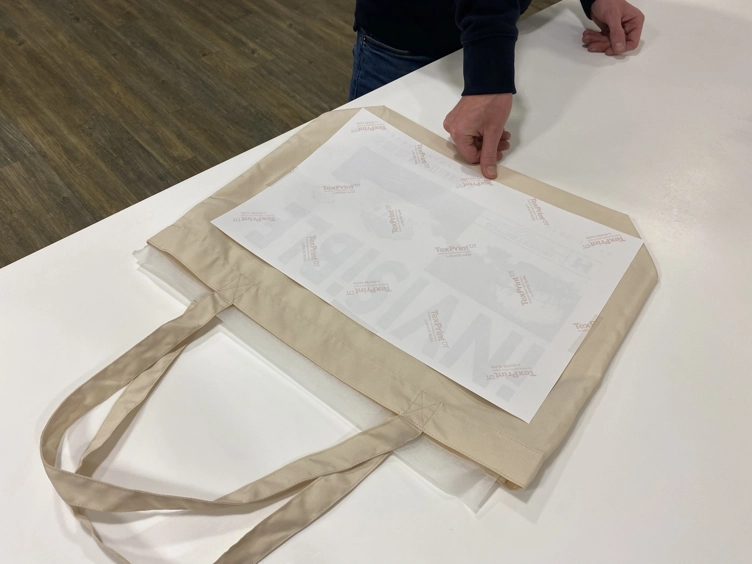
3. If needed, trim loosely around your design then position in place using heat tape.
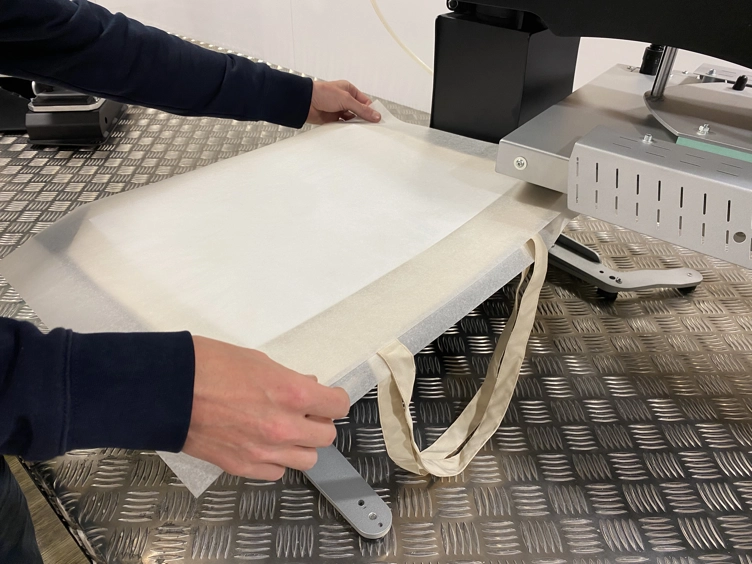
4. Place the bag onto the heat press and cover with a silicone sheet. Try to avoid pressing any handles or eyelets on the drawstring bag.
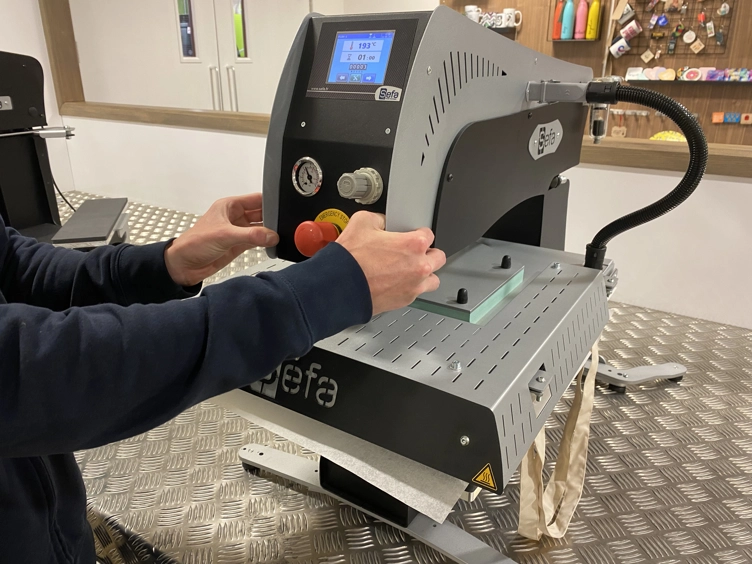
5. Heat press at 200 degrees for 60 seconds using light/medium pressure.
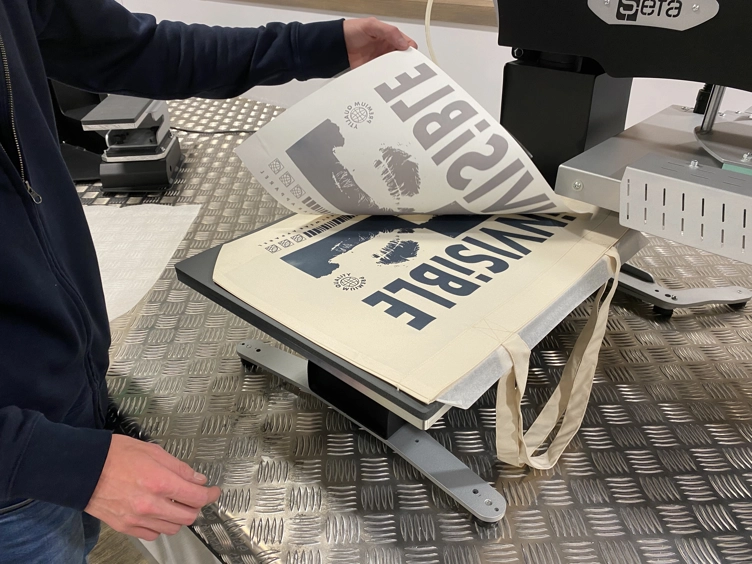
6. Once pressed, remove the silicone sheet and peel hot whilst still on the press. This is minimise any ghosting.
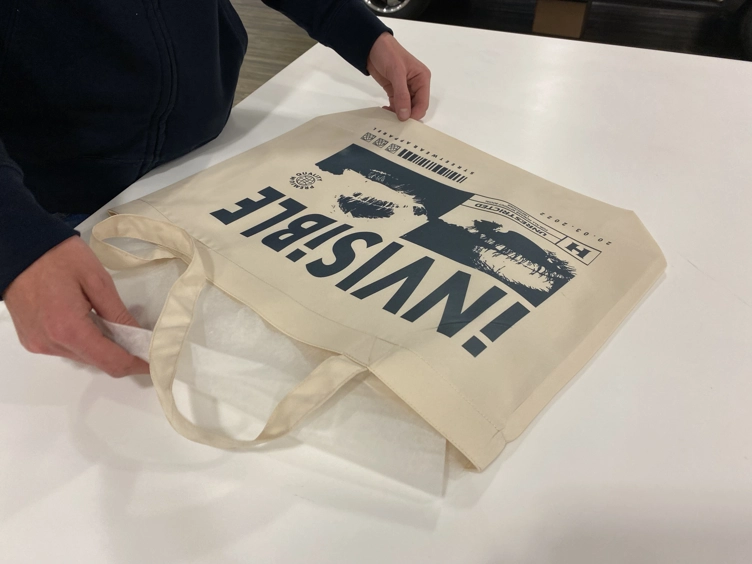
7. Once cooled down, remove the silicone sheet from inside the bag.

8. The bag is complete.
Speedy and efficient
Ideal for smaller batch orders
Excellent results with more complicated designs, giving you more freedom
Allows you to choose a design that can cover the vast majority of your product
Designs don’t crack, peel or fade
1. What can I sublimate onto?
Garments with a polyester or a polyester mix fabric or various blanks with a special polymer coating (such as our mugs and coasters).
2. What equipment is required for sublimation?
- Heat press (for mugs, a specific mug press is required)
- Computer or tablet for designing
3. Why can’t I sublimate on dark garments?
It isn't possible to sublimate on dark coloured garments because there is no white sublimation ink.
4. Why does the image on my screen differ to the final printed result?
It is entirely possible for a print from a sublimation printer to look different to the image on your computer screen. This is because sublimation inks often change colour during the heat pressing process. As the ink reacts when it is heated, it sometimes becomes brighter and more vibrant than the image printed on the sublimation paper. We would highly recommend that, during your testing stage, you heat press the image on to a product to see the final result before beginning a batch order.
5. Can I use an iron instead of a heat press?
No. You need a continuous, even heat and pressure to be applied simultaneously to the entire surface area. This can only be effectively achieved using a heat press.
